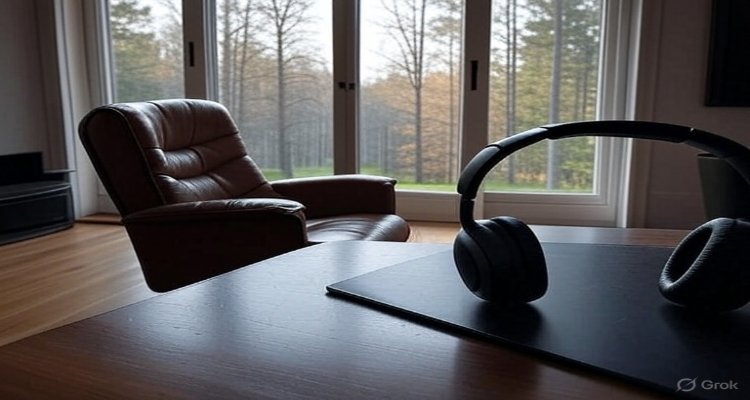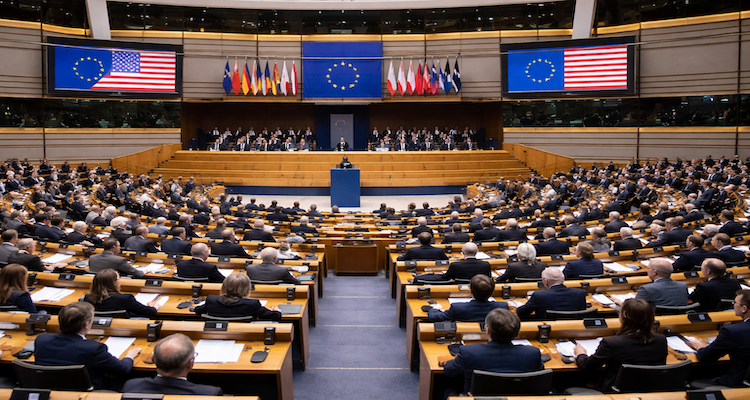The Quietest Luxury: Why Silence Is the New Status Symbol

In a noisy, hyper-connected world, silence has become the ultimate luxury. Here’s why quiet spaces are now a coveted status symbol.
Introduction: The Sound of Nothing
In a world filled with pings, notifications, and endless chatter, silence has become a rare commodity. For the wealthy, the true marker of luxury is no longer a designer bag or a flashy car—it’s the privilege of quiet. From soundproofed homes to silent retreats tucked away in nature, the pursuit of silence has emerged as the newest status symbol, redefining what it means to live in comfort and exclusivity.
Context & Background: From Wealth to Wellness
Luxury has always been about exclusivity. In the past, it was silk, jewels, or fine wines. Then came private jets, rare art collections, and high-tech smart homes. Today, however, the definition of indulgence has shifted.
In the age of constant connectivity, silence is scarce—and scarcity breeds value. Psychologists note that noise pollution doesn’t just irritate; it impacts health, increasing stress levels, disrupting sleep, and even affecting cardiovascular well-being. This awareness has fueled demand for environments that offer stillness, making silence the latest hallmark of sophistication.
Main Developments: Quiet Spaces as the New Elite Playground
The quiet luxury movement manifests in surprising ways:
- Silent Architecture: Elite homeowners are investing in soundproof glass, acoustic panels, and “whisper architecture” that minimizes echoes.
- Retreat Tourism: High-end resorts are now marketing silence as a feature—no TVs, no Wi-Fi, just the sound of wind and water.
- Luxury Gadgets: Noise-canceling technology has entered the luxury market, with custom-built headphones and private listening pods designed for absolute quiet.
- Urban Escapes: Wealthy city-dwellers are buying countryside properties, not just for the views but for the absence of urban chaos.
In essence, silence has become the rarest luxury good—something that cannot be mass-produced.
Expert Insight & Public Reaction
Dr. Elaine Foster, an environmental psychologist, explains: “Silence is not just an absence of noise—it’s a presence. It gives the mind space to reset, improves focus, and enhances emotional well-being. For the wealthy, it’s also a symbol of control: the ability to step away from the noise most people cannot escape.”
Public sentiment mirrors this shift. Social media discussions show growing fascination with “digital detoxes,” meditation pods, and minimalist lifestyles—all tied to the idea that fewer sounds mean more peace. What was once seen as asceticism is now aspirational.
Impact & Implications: Silence for the Few?
As silence becomes a marker of status, questions of accessibility arise. Can peace of mind be reserved only for those who can afford soundproof villas or secluded vacations? Urban populations—who often endure the brunt of noise pollution—rarely have the means to escape it.
This divide raises ethical concerns: is silence turning into a luxury good instead of a universal human need? Wellness experts argue that societies must rethink city planning, invest in public quiet zones, and recognize noise control as a public health issue, not just a lifestyle perk.
Conclusion: The Future of Quiet Luxury
Silence, once taken for granted, is now a cultural currency. It signals privilege, well-being, and the ability to disconnect in a world that never stops buzzing. Whether it’s a billionaire’s secluded mountain lodge or a city dweller’s small soundproofed nook, the pursuit of quiet reflects a universal longing—for calm, clarity, and control over one’s environment.
In the years to come, as technology accelerates and noise only increases, silence may well remain the rarest and most desirable luxury of all.
Disclaimer :This article is for informational purposes only. It does not provide medical or psychological advice.










